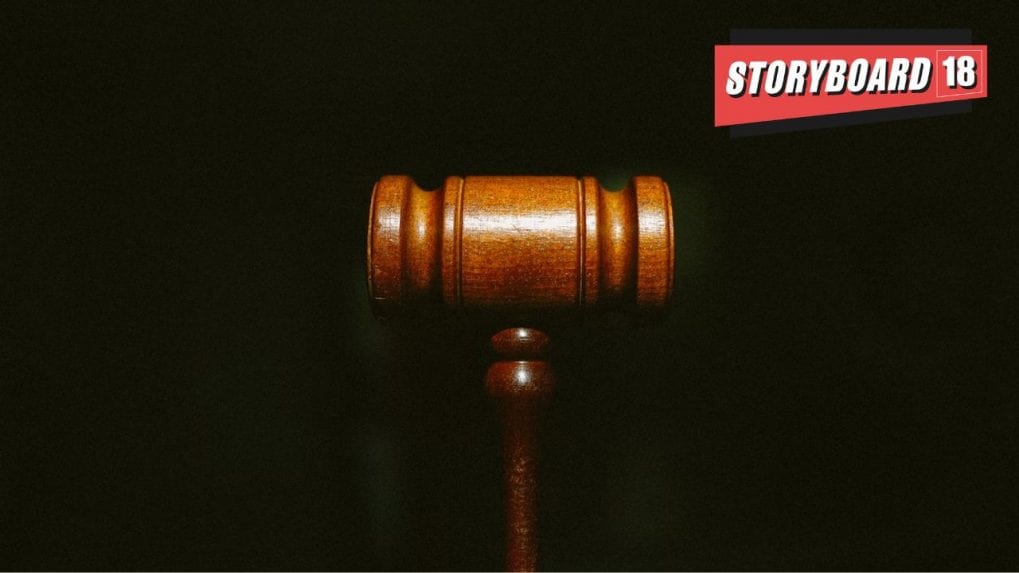Advertising
From Pink Slips to Silent Sidelining: Inside adland’s layoff and anxiety crisis

The Delhi High Court summoned the US-based artificial intelligence company OpenAI on Tuesday in a copyright infringement lawsuit filed by news agency ANI. The agency accused OpenAI’s ChatGPT of falsely attributing political news to ANI, potentially contributing to the spread of fake news. During the hearing, ANI alleged that OpenAI reproduced its content through subscriber websites.
ANI requested a permanent and mandatory injunction against OpenAI. However, Justice Amit Bansal, presiding over the single-judge bench, noted that this case is unprecedented and requires careful deliberation before any conclusions are reached.
This ongoing case marks ANI as the first media organization in India to take legal action against OpenAI. In December 2023, a similar lawsuit was filed by The New York Times, making it the first news outlet globally to initiate an AI copyright lawsuit. The Times argued that OpenAI’s AI models harm its business and undermine the credibility of its substantial investment in journalism.
In addition to summoning OpenAI, Justice Bansal announced plans to appoint an amicus curiae to assist the court in resolving the matter.
Advocate Sidhant Kumar Marwah represented ANI, while OpenAI was represented by senior counsel Amit Sibal. Marwah argued that publicly available news does not grant permission for it to be copied or stored. He emphasized that OpenAI’s use of ANI’s content is a matter of public concern, potentially damaging the agency’s reputation and credibility.
“This service falsely attributes content to me,” Marwah stated. “For instance, it claims Rahul Gandhi, the leader of the opposition, gave an interview to ANI when no such interview occurred. This not only violates my private rights but also spreads fake news.”
Amit Sibal, representing OpenAI, denied the allegations, arguing that copyright laws do not apply to facts or ideas. He referenced similar cases against OpenAI in the US, Canada, and Germany, none of which resulted in injunctions.
“There is no monopoly on facts,” Sibal stated. “Copyright protects expression, not facts.” He further argued, “Since its inception two years ago, OpenAI has faced 13 lawsuits in the US, 2 in Canada, and 1 in Germany. None of these courts have granted an injunction as they found no prima facie case of copyright infringement.”
Sibal also highlighted jurisdictional issues, noting, “OpenAI has no offices or servers in India. The plaintiff’s material is not being reproduced in India, and ANI has not provided evidence to the contrary. Additionally, the training of our models does not take place in India.”
From purpose-driven work and narrative-rich brand films to AI-enabled ideas and creator-led collaborations, the awards reflect the full spectrum of modern creativity.
Read MoreLooking ahead to the close of 2025 and into 2026, Sorrell sees technology platforms as the clear winners. He described them as “nation states in their own right”, with market capitalisations that exceed the GDPs of many countries.